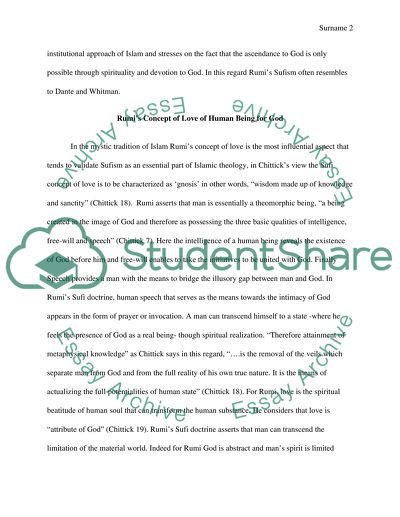Cite this document
(“Rumi Essay Example | Topics and Well Written Essays - 2000 words”, n.d.)
Rumi Essay Example | Topics and Well Written Essays - 2000 words. Retrieved from https://studentshare.org/miscellaneous/1558663-rumi
Rumi Essay Example | Topics and Well Written Essays - 2000 words. Retrieved from https://studentshare.org/miscellaneous/1558663-rumi
(Rumi Essay Example | Topics and Well Written Essays - 2000 Words)
Rumi Essay Example | Topics and Well Written Essays - 2000 Words. https://studentshare.org/miscellaneous/1558663-rumi.
Rumi Essay Example | Topics and Well Written Essays - 2000 Words. https://studentshare.org/miscellaneous/1558663-rumi.
“Rumi Essay Example | Topics and Well Written Essays - 2000 Words”, n.d. https://studentshare.org/miscellaneous/1558663-rumi.


